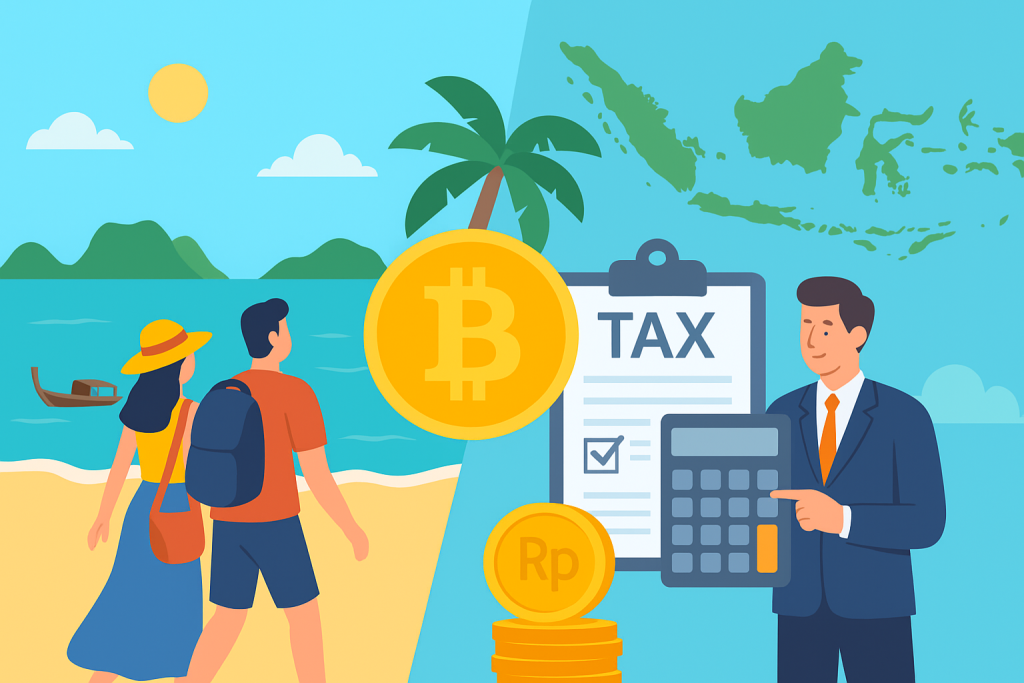Southeast Asian countries are increasingly integrating cryptocurrencies into tourism and fiscal policy, while updating regulations to address the growing digital asset market. Thailand and Indonesia are at the forefront, introducing programs and reforms that demonstrate how crypto can support economic growth and financial transparency.
🇹🇭 Thailand: TouristDigiPay — Crypto for Tourists
On August 18, 2025, Thailand launched a pilot program called TouristDigiPay, allowing foreign visitors to convert cryptocurrencies into Thai baht via regulated e-wallet systems. The program, designed as an 18-month sandbox initiative, aims to revive tourism and encourage tourists to spend crypto directly at local businesses.
Key Features:
- Crypto Conversion: Tourists can exchange Bitcoin, Ethereum, Tether, and USDC for Thai baht.
- Limits: Monthly conversion capped at 550,000 THB (≈16,950 USD) per tourist.
- KYC and AML Compliance: Participants must undergo identity verification through licensed digital asset providers.
- QR-Based Payments: Tourists pay via QR codes; merchants receive local currency only.
- Fund Locking: Converted funds are locked until the tourist exits the country to prevent illegal transfers.
The program is expected to stimulate tourist spending and increase on-chain transaction activity within the tourism sector. Thailand anticipates welcoming 33 million international tourists in 2025, approaching pre-pandemic levels of 39.9 million arrivals in 2019.
🇮🇩 Indonesia: Higher Crypto Taxes and Mining Regulations
As of August 1, 2025, Indonesia implemented new tax rates on cryptocurrency transactions to increase government revenue and enhance market oversight.
Key Changes:
- Transaction Tax: Domestic crypto transactions taxed at 0.21%, while foreign-platform trades are taxed at 1% (up from 0.2%).
- VAT on Mining: Value-added tax on mining operations increased from 1.1% to 2.2%, with previous 0.1% income tax removed.
- Income Tax: Crypto-related earnings, including mining, are now subject to standard income tax rules, simplifying compliance and improving transparency.
These measures aim to regulate the crypto market, increase tax collection, and ensure fair competition between local and international players.
🌏 The Role of Crypto in Southeast Asia’s Economy
Thailand and Indonesia illustrate how cryptocurrencies can be integrated to support economic development. Thailand leverages crypto to boost tourism and spending, while Indonesia focuses on tax regulation and market transparency.
Both countries are establishing frameworks that encourage crypto adoption while maintaining regulatory oversight and protecting public interests. These efforts demonstrate Southeast Asia’s strategic approach to combining innovation with governance in the digital asset space.


